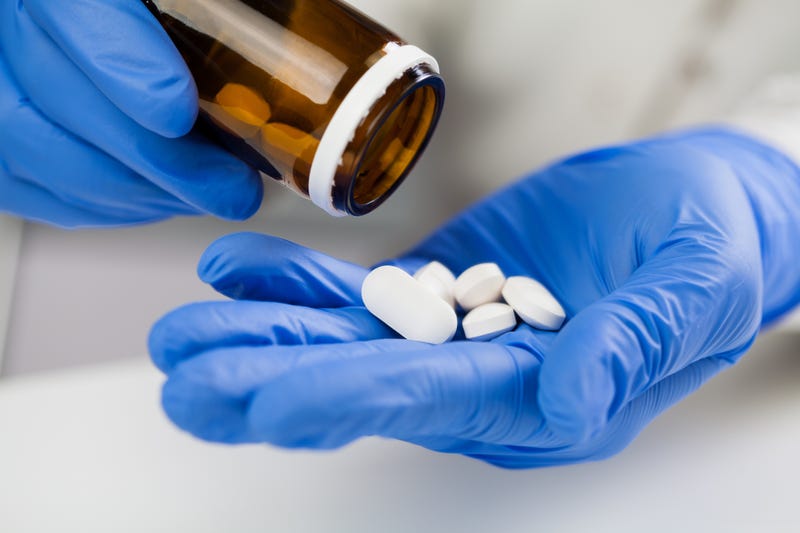
SAN FRANCISCO (KCBS RADIO) – COVID-19 has been spiking again in the Bay Area, hitting people who managed to avoid the virus up until this point for the past two years.
For more, stream KCBS Radio now.
While hospitals aren't nearly as overwhelmed by cases of the virus at this stage of the pandemic, it's still causing substantial disruptions in people's daily lives.
Dr. Bob Wachter, Professor and Chair of the Department of Medicine at UCSF, told Doug Sovern on KCBS Radio's "The State of California" on Wednesday that about 15 patients are hospitalized there with COVID-19. He said there were about 150 patients in January.
"This disconnect between the number of cases, a very large number, and severe cases is real," he said.
But the "most striking thing" right now, he said, is the number of friends and family members who haven't yet been infected with COVID-19 have gotten the virus in the last month or so.
"I think it's a combination of this variant, subvariant is more infectious than prior ones, partly invades the immune system and people are being a little less careful," said Wachter.
Which is understandable, he said, now that we are more than two years into the pandemic. This might be the new version of normal people live with for the next several years.
And at this stage, it's unlikely mandates are going to return, and instead an approach based on personal choice is more likely, he said.
Wachter's threshold to feel safe conducting certain social activities, like eating indoors is based on whenever San Francisco gets to a point where there are only 10 per 100,000 new cases every day. Right now, there are around 50, he said.
"And the number is probably 200," said Wachter. "Because 50, it's got to be about a four-fold underestimate."
The current estimates only include formal PCR testing, and don't take into account at-home test results.
The rate of relapses from Paxlovid, an oral antiviral pill, might also be different from what health experts are currently hearing.
"The frequency might not be as high as it seems," said Wachter. "Because you hear about it a lot, it's amplified because it's interesting and weird."
Some people taking the drug have reported that, after recovering and testing negative, they've been getting sick again after about 10 days, and it's unclear what is causing it.
"This is not an argument to not take Paxlovid," he said, adding that it still lowered the hospitalization rate in the clinical trials for the drug by 90%.
Wachter said the relapse phenomenon also showed up in the clinical trials about 2% of the time, but it's more likely around 5% to 10%.
It's unclear what the solution to this issue is yet, whether the number of days for treatment needs to be changed or if people should get treated again.
DOWNLOAD the Audacy App
SIGN UP and follow KCBS Radio
Facebook | Twitter | Instagram

